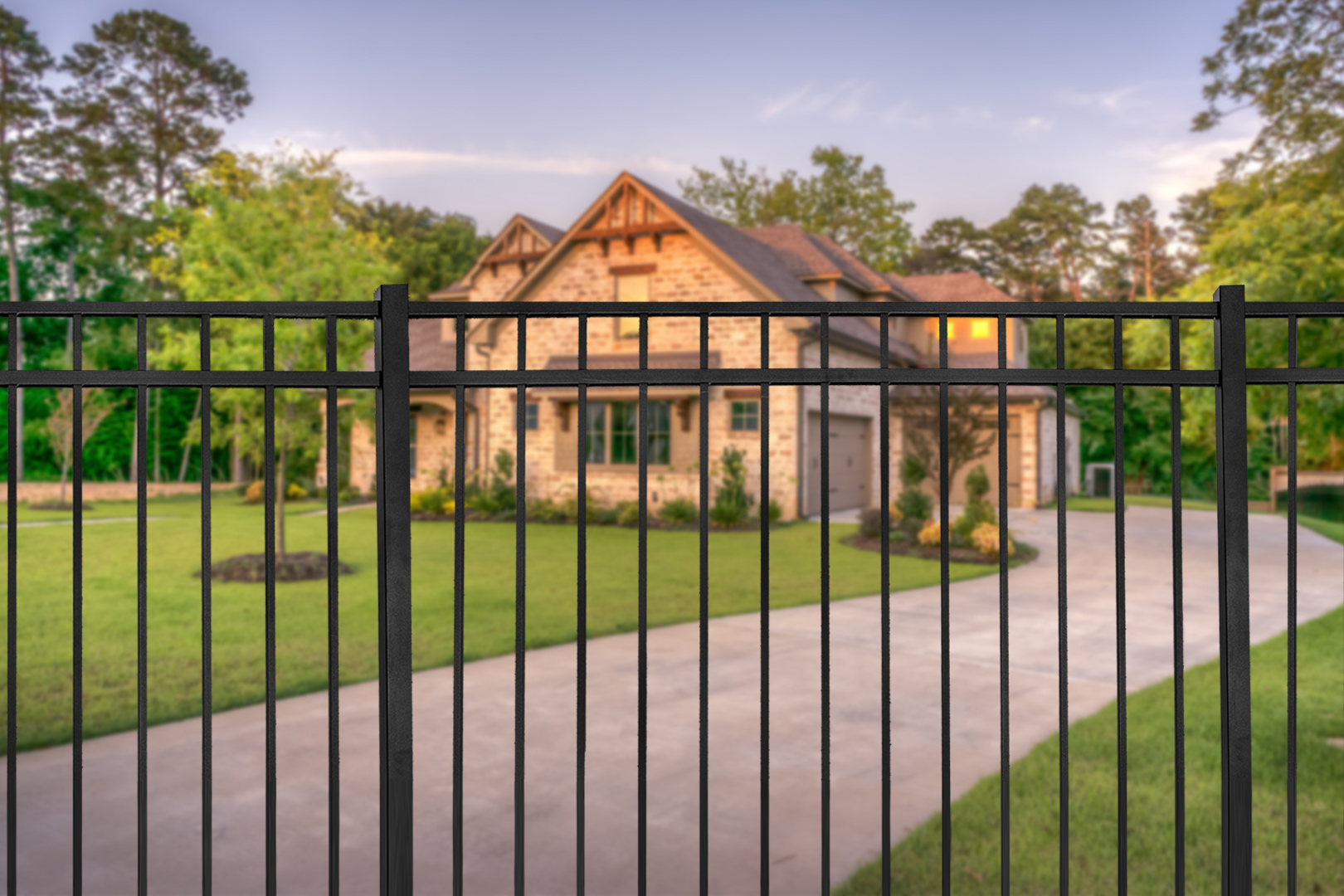All Categories
Featured
When preparing to set up a new fence, it's very easy to concentrate only on the preliminary price of materials and labor. Nevertheless, a number of hidden costs can affect your overall budget, potentially leading to unexpected expenditures down the line. By making up these additional variables from the beginning, you can avoid surprises and guarantee that your fence installation remains on track financially. When budgeting for a fence., let's check out some of the most usual covert prices that usually get overlooked.
![]()
![]()
![]()
Verdict. When budgeting for a fence setup, it's important to make up both the evident and concealed expenses. Building prep work, permits, shipment costs, and ongoing upkeep can all affect your last cost. By factoring these extra expenses into your budget plan from the beginning, you'll be better gotten ready for the overall expense of the task and can stay clear of any surprises down the road. Planning in advance for these hidden costs will assist ensure that your fence setup goes smoothly and stays within your spending plan.

- Home Preparation and Land Cleaning. Before the fence installation also begins, residential property preparation might be called for. These preparation costs are typically ignored, but they are critical for ensuring a smooth setup process.
- Fence Allows and Zoning Regulations. Many home owners are uninformed that installing a fencing typically requires a permit, particularly if it goes beyond specific elevation restrictions or is located in a specific zoning area. Neighborhood building codes and guidelines can differ, and failing to get the required permits can result in fines or even the removal of the fence.
- Shipment and Transportation Charges. The price of transferring fence materials to your residential or commercial property can be a neglected cost. If you're acquiring products from a distributor that's not in your instant location, distribution costs might be considerable, specifically for bulk or hefty products like timber or stone. Some contractors might include delivery costs in their first quote, while others might bill individually for transportation. Make certain to confirm this upfront to avoid any surprise costs.
- Installation Cleanup and Disposal. As soon as your fencing is installed, there will likely be leftover products and particles from the old fencing or from the setup process. While some specialists consist of cleaning in their rate, others might bill added for transporting away debris or clearing the work site. If you're dealing with a specialist, clarify whether cleanup is consisted of in the overall price or if it will certainly be a surcharge. By doing this, you can prevent unexpected fees when the job is full.
- Maintenance and Long-Term Care. Wooden fencings need periodic discoloration or paint to shield them from the elements, while plastic fencings may just require periodic cleansing. Normal maintenance can help prolong the life of your fencing, but it likewise adds a recurring expense that ought to be factored right into your long-term spending plan.

- Special Functions and Personalization. Numerous homeowners opt for adding gates, ornamental elements, or protection features to their fences, which can boost the overall price. If you're preparing to include special attributes into your fencing, it's crucial to talk about these products with your professional and ensure they are accounted for in your first quote.
- Unforeseen Concerns and Contingencies. Despite just how comprehensive your planning is, unforeseen concerns can develop during the installation procedure. For example, your professional may uncover below ground energies, such as water or gas lines, that could require special delivery, or you might figure out that the residential or commercial property lines are not where you thought they were. To prepare for these backups, it's an excellent idea to set apart an extra 10-15% of your total budget as a buffer. If unforeseen obstacles arise during the installation., this will offer you some flexibility.
- Guarantee and Insurance Policy Prices. Some fence products feature guarantees, yet it is very important to comprehend the regards to these warranties and any associated expenses. For instance, some warranties might need you to maintain the surround a details method, such as regular treatments or examinations, in order for the service warranty to continue to be legitimate. Furthermore, if you require to buy extra insurance coverage for the fencing, this could include in your total expenses.

Verdict. When budgeting for a fence setup, it's important to make up both the evident and concealed expenses. Building prep work, permits, shipment costs, and ongoing upkeep can all affect your last cost. By factoring these extra expenses into your budget plan from the beginning, you'll be better gotten ready for the overall expense of the task and can stay clear of any surprises down the road. Planning in advance for these hidden costs will assist ensure that your fence setup goes smoothly and stays within your spending plan.
Latest Posts
Uncover Outstanding Car Repair Care from Montclare Auto Repair – Expert Care for Your Vehicle
Published en
1 min read
Discover Special Auto Repair Specials in Chicago at Montclare Auto Repair
Published en
1 min read
Unlock Your Financial Partner at WyHy – Financial Freedom for Your Success
Published en
1 min read
More
Latest Posts
Uncover Outstanding Car Repair Care from Montclare Auto Repair – Expert Care for Your Vehicle
Published Jun 01, 25
1 min read
Discover Special Auto Repair Specials in Chicago at Montclare Auto Repair
Published May 25, 25
1 min read
Unlock Your Financial Partner at WyHy – Financial Freedom for Your Success
Published May 24, 25
1 min read